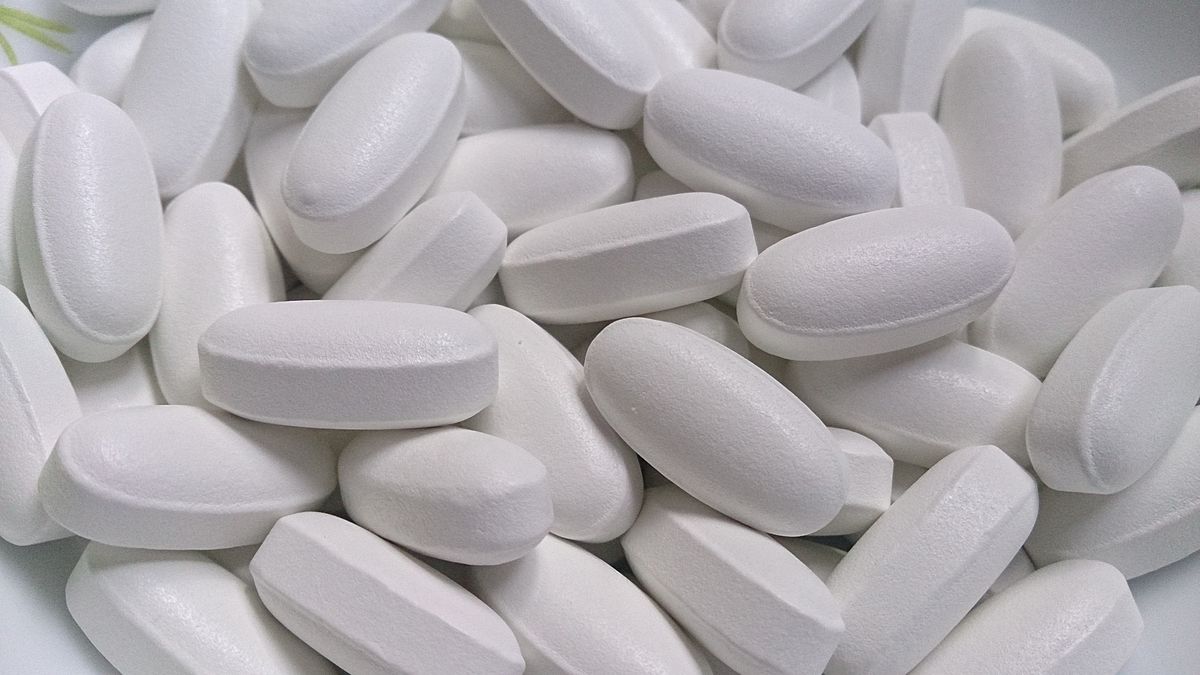Generic pill could be alternative to oral antivirals in COVID-19

A generic pill has been shown to reduce hospitalisation rates in high-risk patients with early COVID-19, potentially offering a low-cost alternative to oral antivirals from Merck & Co and others, according to researchers in Brazil.
The antidepressant fluvoxamine given as a twice-daily regimen for 10 days to acutely symptomatic patients with COVID-19 who also had at least one risk factor such as diabetes, cardiovascular disease, underlying respiratory conditions such as chronic asthma and obesity.
The proportion of patients who were subsequently admitted to hospital due to COVID-19 was 11% in the fluvoxamine arm, compared to 16% of a matched placebo group, equivalent to reduction of around one third, after 28 days' follow-up.
There were also numerically fewer deaths with the antidepressant – 17 out of 741 treated with fluvoxamine and 25 out of 756 allocated to placebo – in the TOGETHER trial, which has now been published in The Lancet.
The results back up earlier, smaller studies that also found a benefit with the selective serotonin reuptake inhibitor (SSRI).
It is estimated that fluvoxamine only costs around $4 per course and given its long history of safe use and widespread availability, the TOGETHER findings "might influence national and international guidelines on the clinical management of COVID-19," according to the authors.
They acknowledge that it isn't clear how the drug may be exerting its beneficial effects in these patients, but speculate it could stem from anti-inflammatory activity, or antiplatelet activity that could reduce blood clotting.
Both inflammation and blood clots are known to be features of severe COVID-19. Meanwhile, fluvoxamine is also known to raise melatonin, which may also play a role, they write.
As an oral therapy that be delivered to outpatients, fluvoxamine could represent an alternative or complementary therapy to emerging oral antiviral drugs like Merck's molnupiravir and Pfizer's PF-07321332/ritonavir.
These have been making waves as they may be able to protect vulnerable people with mild or moderate COVID-19 from developing severe disease – in much the same way fluvoxamine was used in TOGETHER.
Antibody therapies have also been developed for use in non-hospitalised patients, but these still have to be administered by infusion in a clinic.
Merck has already filed for approval of molnupiravir in the US, Europe and Canada and said today that it expects to make around $1 billion in sales this year if approved, rising to $5 billion in 2022.
It has agree to a deal to supply the drug for around $700 per course with the US, but has also licensed the technology to generic drug producers so they can supply it more cheaply to low- and middle-income countries.
Merck is also testing its drug for prevention of COVID-19 in patients exposed to SARS-CoV-2, and analysts said that could increase sales projections if the results are positive.











